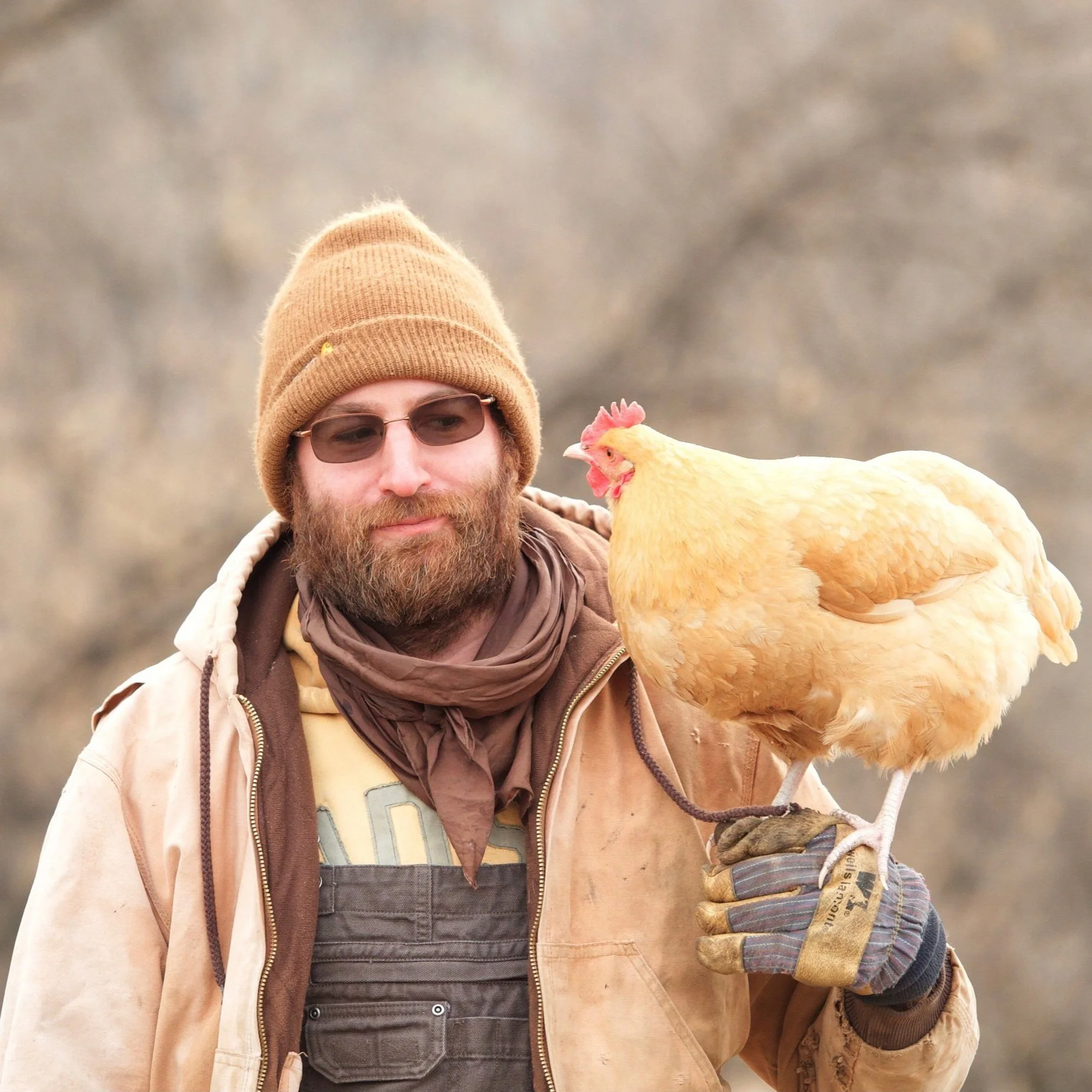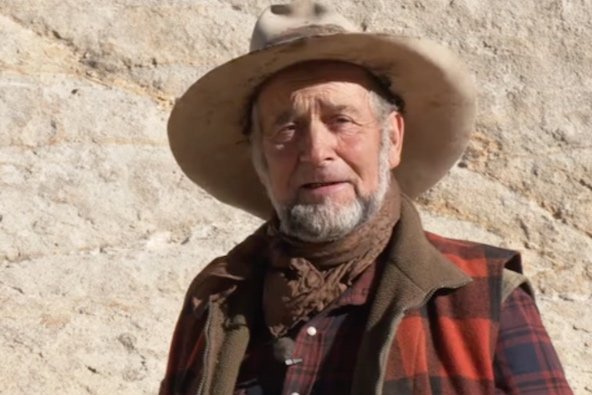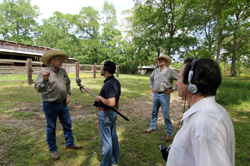 After a lovely dinner with our old friend and Houston City Folklorist Pat Jasper, we spent the night and got out of town driving through miles of urban sprawl. Finally the East Texas countryside opened up as we rolled into Huntsville, home of the Texas State Prison and its Museum. We had been turned down to visit the prison here so the Museum had to suffice. We had interviewed Bob Pierce earlier about the creativity in prisons so we got to look at many actual artifacts he had collected both showing real weapons and less direct weapons, remembering the old Woody Guthrie idea that his guitar was a weapon against fascism. After checking out a mural depicting Leadbelly on the side of a building near Huntsville's main square we drove on north toward Lovelady where the Gillette Brothers make their home.
After a lovely dinner with our old friend and Houston City Folklorist Pat Jasper, we spent the night and got out of town driving through miles of urban sprawl. Finally the East Texas countryside opened up as we rolled into Huntsville, home of the Texas State Prison and its Museum. We had been turned down to visit the prison here so the Museum had to suffice. We had interviewed Bob Pierce earlier about the creativity in prisons so we got to look at many actual artifacts he had collected both showing real weapons and less direct weapons, remembering the old Woody Guthrie idea that his guitar was a weapon against fascism. After checking out a mural depicting Leadbelly on the side of a building near Huntsville's main square we drove on north toward Lovelady where the Gillette Brothers make their home.
I'd known Guy and Pipp Gillette from Elko but my admiration for them grew as we witnessed their passion for the old-style life of East Texas ranching. Their ranch, its historic buildings, and the loving way they keep the traditions of their grandfather, all attest to how much they care for place and tradition. It was a joy to be taken through the construction of each out-building and then to the ruin of an old place on their ranch which used to be the social center for the black community in the neighborhood.
We got so wrapped up in the tour we were late driving into the community of Crockett where the Gillettes have established a music civic center called the Camp Street Cafe with music at least weekly. Folk musicians from all over go out of their way to tour to the Gillette's venue. There, we met a black preacher and his old cousin to talk about Camp Street in Lomax's time, contrasting the music scene today with that of the day when Lightnin' Hopkins played for nickels and dimes on the street which used to be the center of African American life in the town. We ended our visit with chicken fried steak, another fine American tradition and a final visit to the statue of Lightnin' Hopkins.
Hal Cannon











